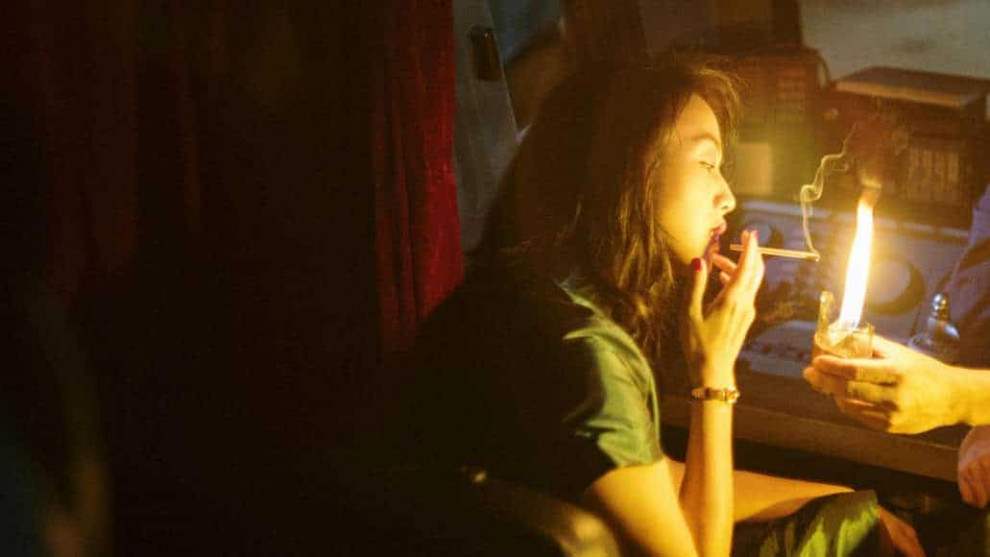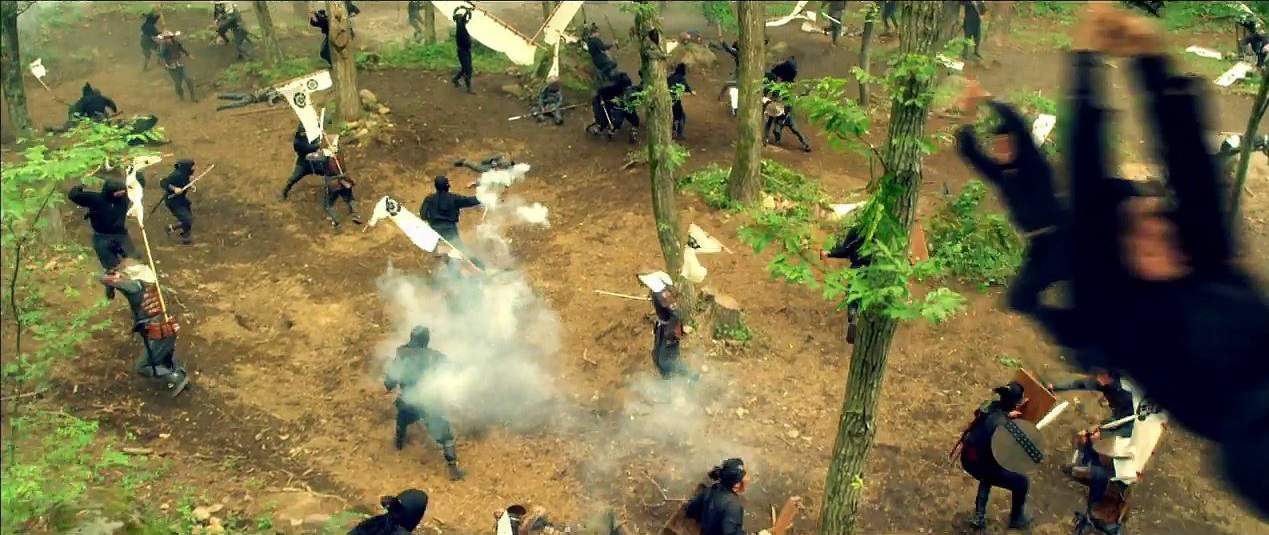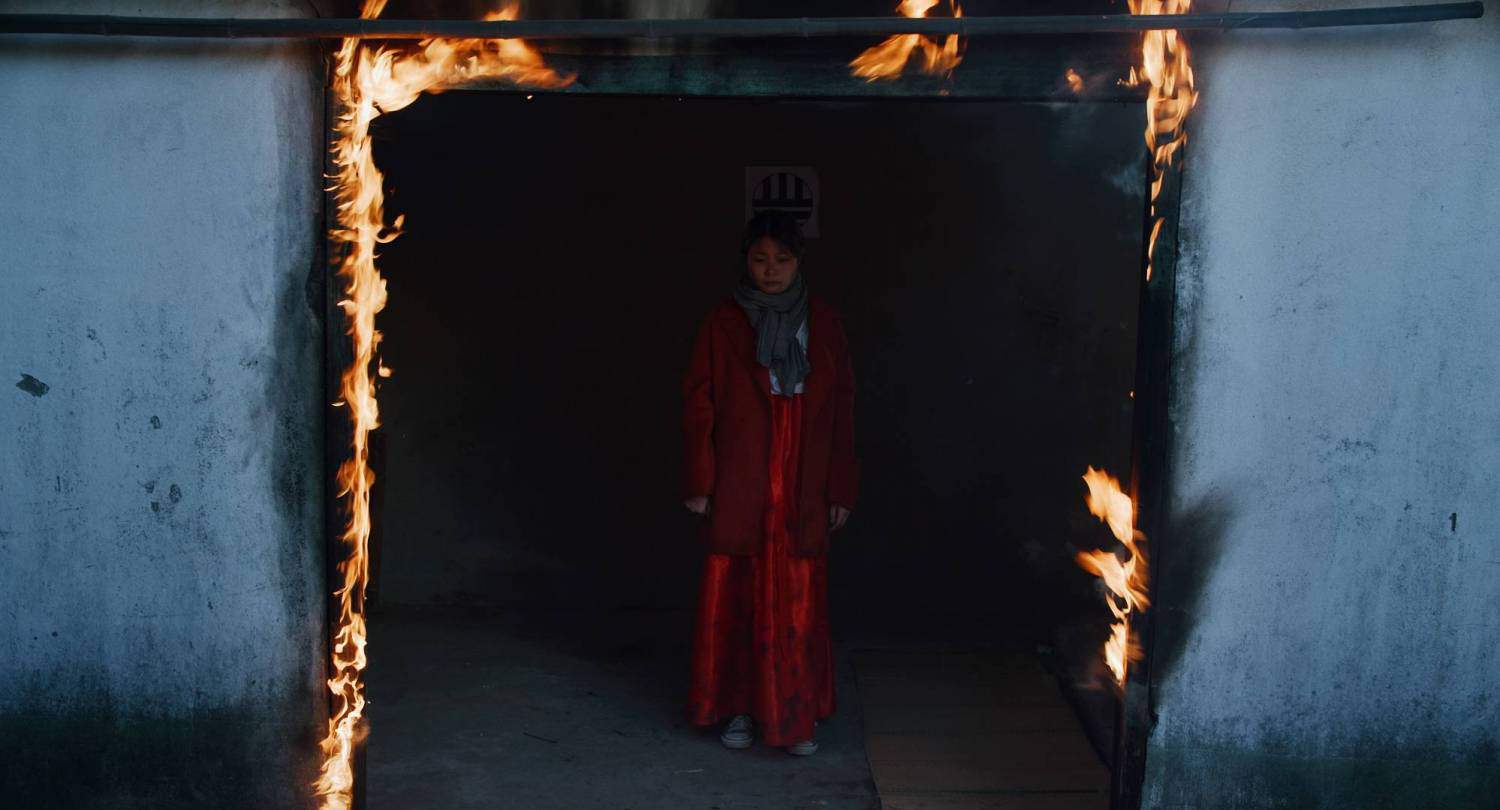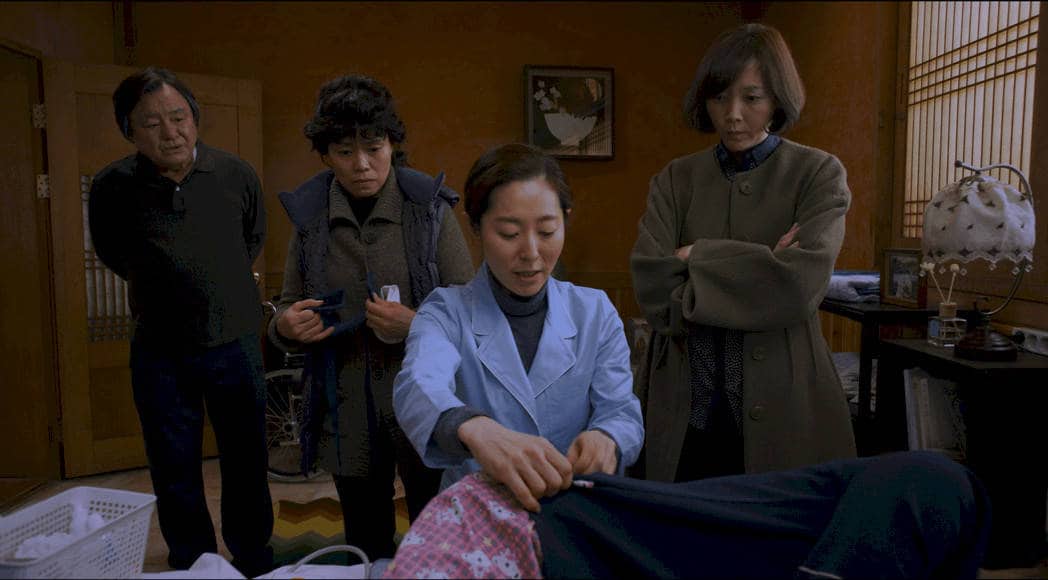Winner for Best Cinematography, Film Score and Sound Effects at the 55th Golden Horse Awards, and a spawn of much controversy, “Kaili Blues” director Bi Gan's second feature film is definitely a treat for the eyes, although the noir/crime package that surrounded its release is actually a “pretense” for an art-house, quite abstract work, that seems as the logical next step after his debut. Furthermore, the rather big budget allowed the director to cast actresses like Tang Wei and Sylvia Chang along with a rather experienced crew, and to present an almost hour long, one shot in 3D (which unfortunately, I was not able to watch since I received the film as a screener). Let us take things from the beginning though.
“Long Day's Journey Into The Night” is screening at the
International Film Festival Rotterdam 2019
In the noir/crime fashion I just mentioned, Luo Hongwu, a police officer, returns to his hometown of Kaili to find that his father has died. While searching his stuff in a rundown basement he discovers a photo of a woman hidden in an old clock, and embarks on a trip to find her, that soon has him encountering Wan Qiwen, the girlfriend of a mafia boss. At the same time, he finds out that his childhood sidekick Wildcat was murdered and stumbles upon a mystery revolving a gun. As the borders between reality and dream disappear almost completely, Luo finds himself experiencing a number of surrealistic episodes.

Let me start with the obvious: with a narrative that is pretty thin, “Long Day's Journey Into the Night” classifies among these distinctly art-house films that are to be experienced through the senses rather than simply watched. In that fashion, Bi Gan implements a dark, slow, and quite stylistic approach to achieve just that, which results in a film that is a true treat for both eyes and ears. To succeed in that regard, Bi gan benefitted the most by his 3(!) cinematographers, David Chizallet (who was in charge of the 3D part) Jingsong Dong and Hung-i Yao, who have managed to come up with a collage of impervious visual sequences, that linger between Wong Kar Wai's style and the dystopian setting of films like “Blade Runner”. The same applies to the excellent score by Lim Giong and Point Hsu that features a number of different music genres, from electronic pop to the style of songs Angelo Badalamenti used on David Lynch's film.

As the film follows an abstract and episodic path, there are a number of sequences that will definitely stay with the viewer for some time. The whole concept of the spinning house, the ping-pong racket and the way Luo uses it, the pool table scene, the karaoke one, the interaction with the kid and the various dialogues with Wan Qiwen are all quite memorable, again particularly due to the combination of image and music.
In that setting, the protagonists had to adapt into exhibiting a sense of disorientation that also has them not being confused by the lack of logic in the events that they experience. Both Huang Jue as Luo Hongwu and Tang Wei as Wan Qiwen have adapted to this tactic fully, with their presence and acting actually merging with the overall aesthetics of the film, while the latter, in a number of different dresses and hairstyles, is always a pleasure to look at.
Evidently, at 140 minutes, “Long Day's Journey Into the Night” is not an easy film to watch, and the fact remains that it is in no way addressed to the mainstream audience. If one could go past the lack of coherence in the narrative and instead focus on its aesthetics, however, he would definitely enjoy a truly artful movie.















